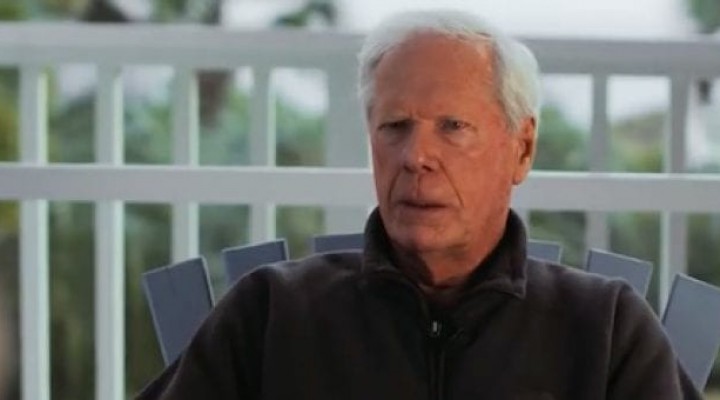The Military/Security Complex Proved to be Too Strong for Peace

Henry Kissinger’s death resulted in an outpouring of hatred toward the former National Security Adviser and Secretary of State, especially from CounterPunch. Even a few of my readers mistook my explanation of Kissinger as a justification of the war crimes so many accuse him of.
I have noticed over recent decades the increasing tendency of Americans to respond emotionally, instead of rationally, to information. Since I explained Kissinger, instead of denouncing him, I was seen as apologizing for him or justifying him.
I have no doubt that large numbers of civilians were killed and maimed in the bombings associated with the Vietnam war, some of which–Cambodia for example–Kissinger approved. But, of course, the Secretary of State is not the official who orders bombings. Moreover, there is no indication that Kissinger engaged in bombing civilians simply because he enjoyed killing people and committing war crimes or because he believed in ethnic cleansing like the Zionist government in Israel.
The Democrats and the left-wing have been very adroit at shifting the blame for the Vietnam War to Republican Nixon from Democrat Lyndon Johnson. Nixon and Kissinger wanted to end the war, but they had to do so in a way that did not discredit Nixon with his conservative base, a base that believed in the Domino Theory and that the Soviet Union’s mission was world conquest. The same base made it difficult for Nixon to defuse Cold War tensions with arms control agreements, such as SALT I.
The North Vietnamese were not in much of a hurry to enable Nixon to exit the war on comfortable terms. The only option remaining was to increase the violence in order to force an acceptable exit. That is what produced Cambodia, not blood-lust on the part of Kissinger and Nixon. Because Kissinger was a Jew, in denouncing him today some compare him to Israel’s genocidal attack on Gaza. This is to misread both Kissinger and the events of his time
Nixon was distrusted by the ruling establishment because he worked to defuse both the tensions of the Cold War and the hostile relationship with China. This went against many vested interests and belief about communist motives. As I have explained, the CIA used Watergate and the Washington Post to assassinate Nixon.
The liberal-left hated Nixon for his work as a member of the House Un-American Activities Committee that led to the conviction of Alger Hiss and for his rhetoric, which was nothing but a sop to his base. The liberal-left was too busy enjoying Nixon’s discrediting to notice that he was another victim of the CIA like they believed Salvador Allende to be.
In my life I have seen close up so much that is then falsely explained and goes down in history books as wrongful accounts. Truth is not very powerful as it does not serve very many powerful interests.
The fact remains that the Cambodia bombing was the desperate act of a government that wanted to end the Vietnam War.
A legitimate question is: why didn’t Nixon simply walk away from the war? The answer is that he would have lost his conservative base, and, of course, the liberal-left would have piled on as well. Nixon and Kissinger hoped to create a more stable world by defusing the tensions between the West and the communist powers. This is also the reason left-leaning governments were overthrown elsewhere. The reasoning was that stability was impossible if Soviet leaning governments kept popping up in Latin America, Africa and Asia.
The Nixon/Kissinger decision is not everyone’s. But, the Cuban Missile Crisis had made clear that one alternative to stability was conflict that could result in nuclear war.
Reagan faced the same conundrum, but was able to reconcile with Gorbachev. It is a crime that subsequent administrations threw Reagan’s accomplishment away. The military/security complex proved to be too strong for peace.
The Military/Security Complex Proved to be Too Strong for Peace
 TheAltWorld
TheAltWorld 
0 thoughts on “The Military/Security Complex Proved to be Too Strong for Peace”